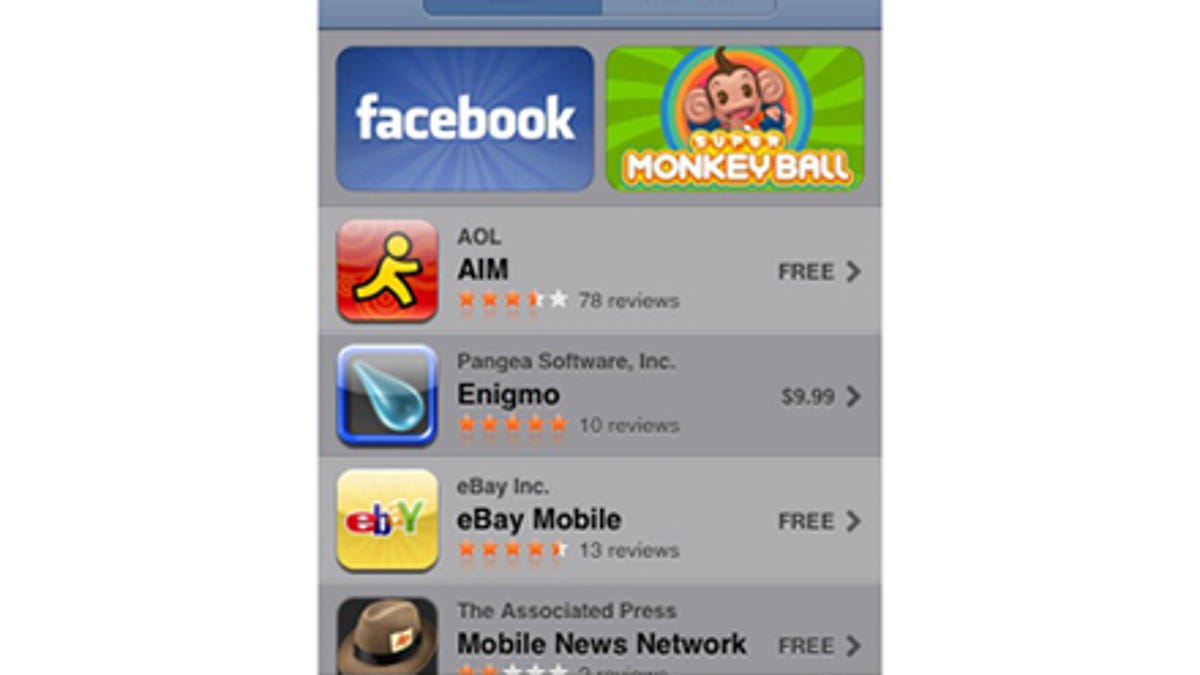This week in Apple App Store angst
Developers are still wondering what Apple considers improper iPhone applications, and now might not even be able to compare rejection notes in hopes of figuring that out.

Developing an application for the iPhone continues to be a popular yet very frustrating exercise.
Almost since the first day Apple formally announced plans to bring third-party applications to the iPhone, developers have chafed at what they feel are excessive restrictions on what they are allowed to do and say within the program. At the same time, however, they are flooding Apple with their applications: blogger Russell Beattie counted 450 new applications appearing on the App Store in a week.
Feeling that those applications are just the start of a huge iPhone land grab, Beattie thinks that Apple is going to have to really step up its oversight to prevent poorly written or useless applications from drowning out the good stuff. The problem is that developers still don't know exactly how Apple's App Store approval process works, and now they might not even be allowed to talk amongst themselves about the situation.
MacRumors is reporting that Apple is now declaring that the rejection letters sent to iPhone developers are covered by the non-disclosure agreement attached to the iPhone developer program. The rejection letters have been the only way for developers to interpret the gray areas concerning what Apple doesn't want on the App Store, since the company still does not appear to be responding to individual developer questions about what is permitted, and what isn't.
John Gruber of Daring Fireball wonders if the new policy is anything other than one of those standard disclaimers that all the lawyers put in their e-mail signature files, but we shall see.
Apple did clear up one area of confusion regarding the iPhone development process this week, opening up the developer program to colleges and universities. Accredited institutions will be able to run internal development shops for free, allowing up to 200 students to learn how to develop for the iPhone.
With the academic year in full swing, some had wondered whether universities would be able to teach iPhone development under the terms of the NDA. But participants will be able to distribute applications within a private network for testing and grading, and eventually pass the best ones onto the App Store--assuming they don't violate Apple's nebulous App Store rules, that is.